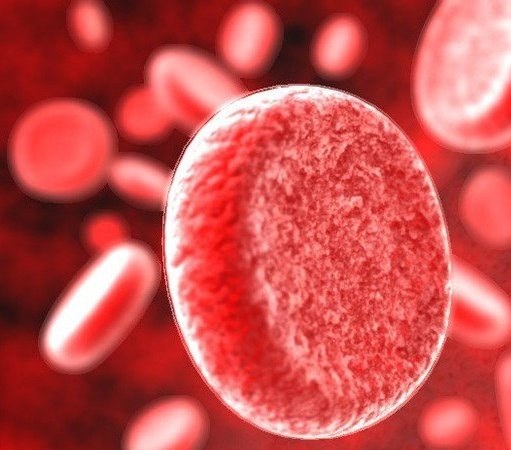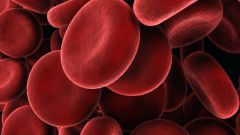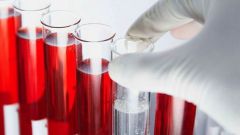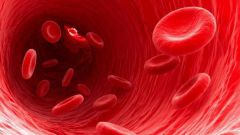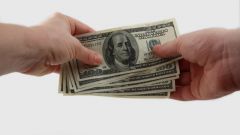What foods can thicken the blood
Overly diluted blood has a negative impact on human health. People have bad wounds heal. But too thick the blood can have a negative impact on the body: increases the risk of diseases such as thrombosis, myocardial infarction. Thicker blood may be due to the consumption of sugar (in pure form or in the form of pastries, cakes, pies, soft drinks, etc.), alcohol, bread made from wheat flour, butter, bananas, buckwheat, potatoes, mango, walnuts. Also thicken the blood fatty meat products such as sausages, bacon, meats, all kinds of pickles. To a lesser extent this effect have chokeberry (Aronia), Basil, black currant, beets, sunflower seeds, cocoa.
We are talking about when these foods are eaten regularly and in large quantities. With moderate, and even more occasional use, the thickening effect is very small and unlikely to cause harm to human health.
Blood can thicken and the regular use of some medicinal decoctions, infusions, for example, St. John's wort, nettle, yarrow, viburnum. Therefore, you should not exceed the dosage of consumption of national resources.
Need to know what the blood clots, in addition to the regular use of the above products can also cause: Smoking, stressful situations (anxiety, stress), unhealthy environment. Its role can play also a lack of vitamin C.
What foods prevent thickening of blood
Opposite blood-thinning effect have such products as cherry, red currant, strawberry, raspberry, orange, lemon, beets, sunflower seeds, olive oil, figs.
To thin the blood can also are very exotic for the majority of Russians products, such as chestnuts and artichokes.
Eat more protein foods of plant origin.
Of medicinal decoctions and infusions thinning has the effect of motherwort, Potentilla. Finally, it is possible to thin the blood, increasing the consumption of drinking water. Experts have proven that those people who drink enough water, have thick blood. The thing is that a person sweats, breathes, thus the liquid evaporates. The body trying to compensate for the lack of water, "takes away" from the blood, making the latter more dense.
